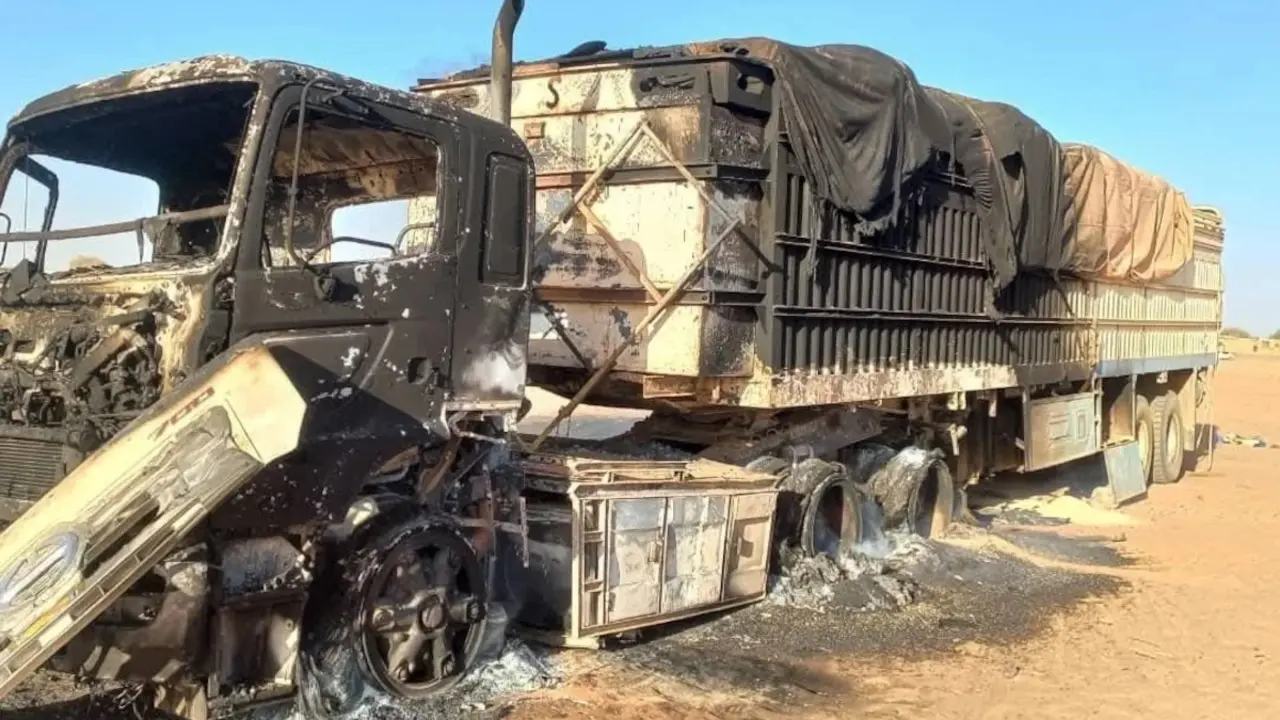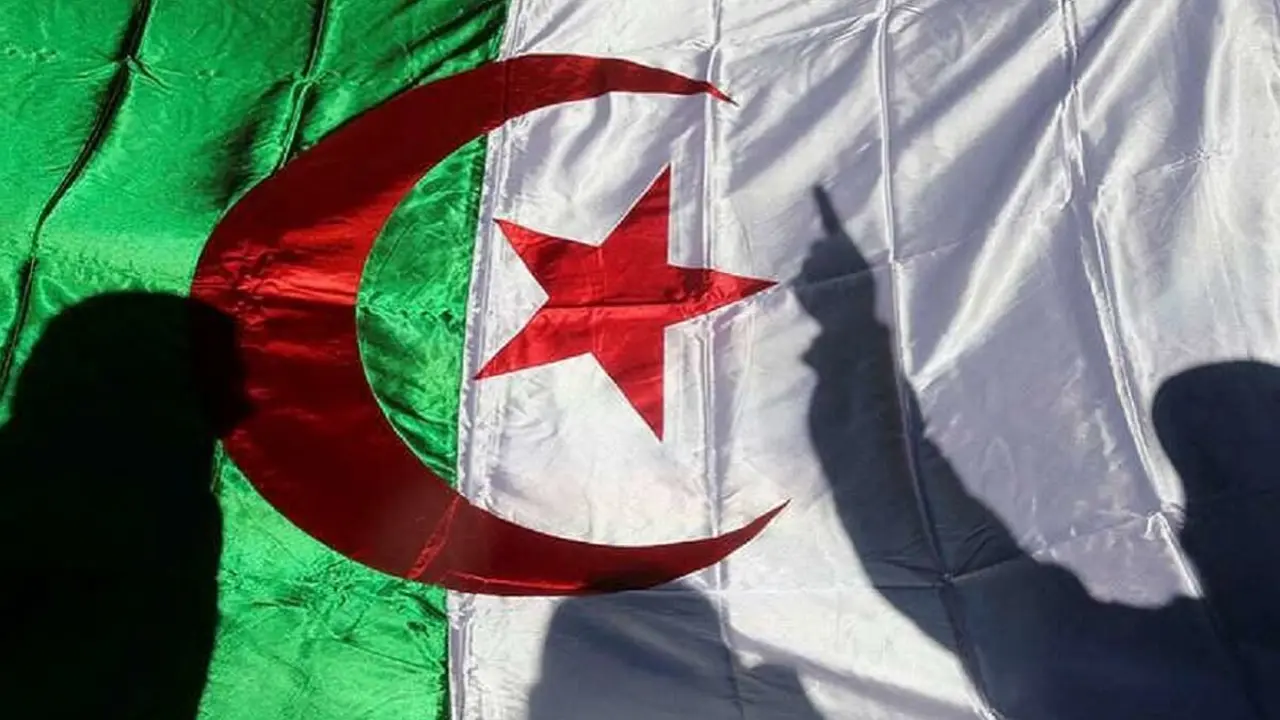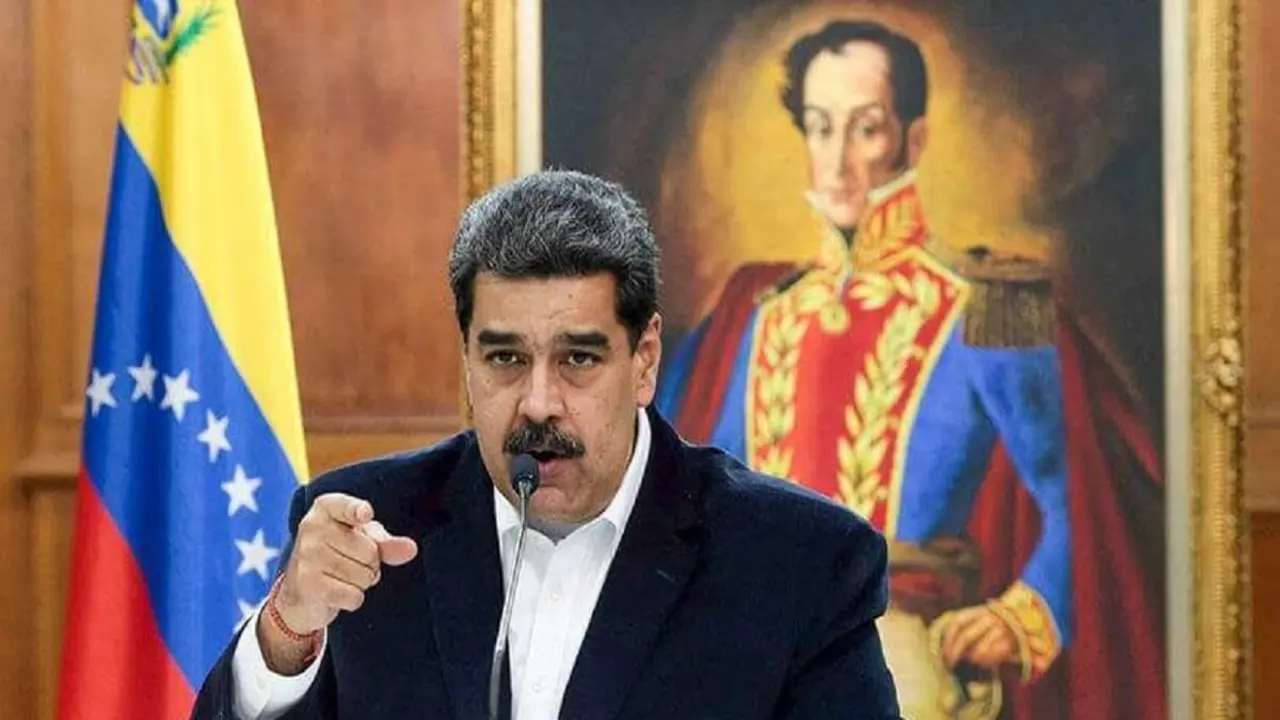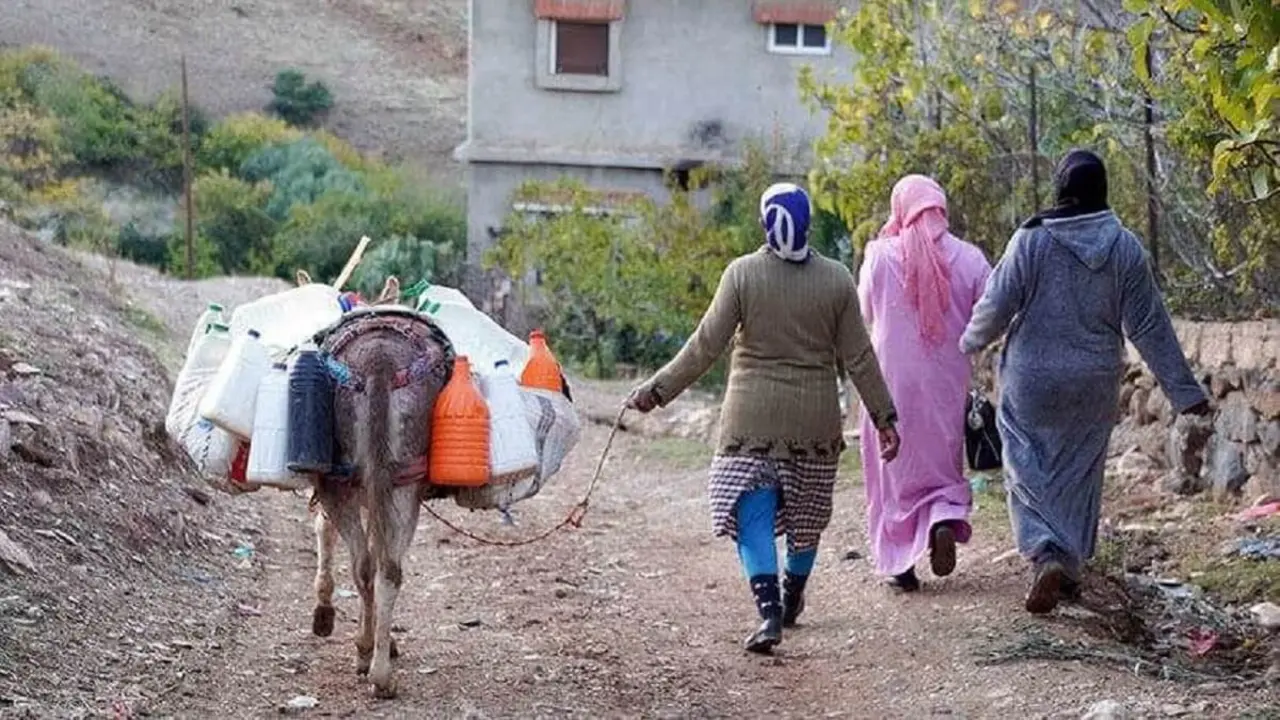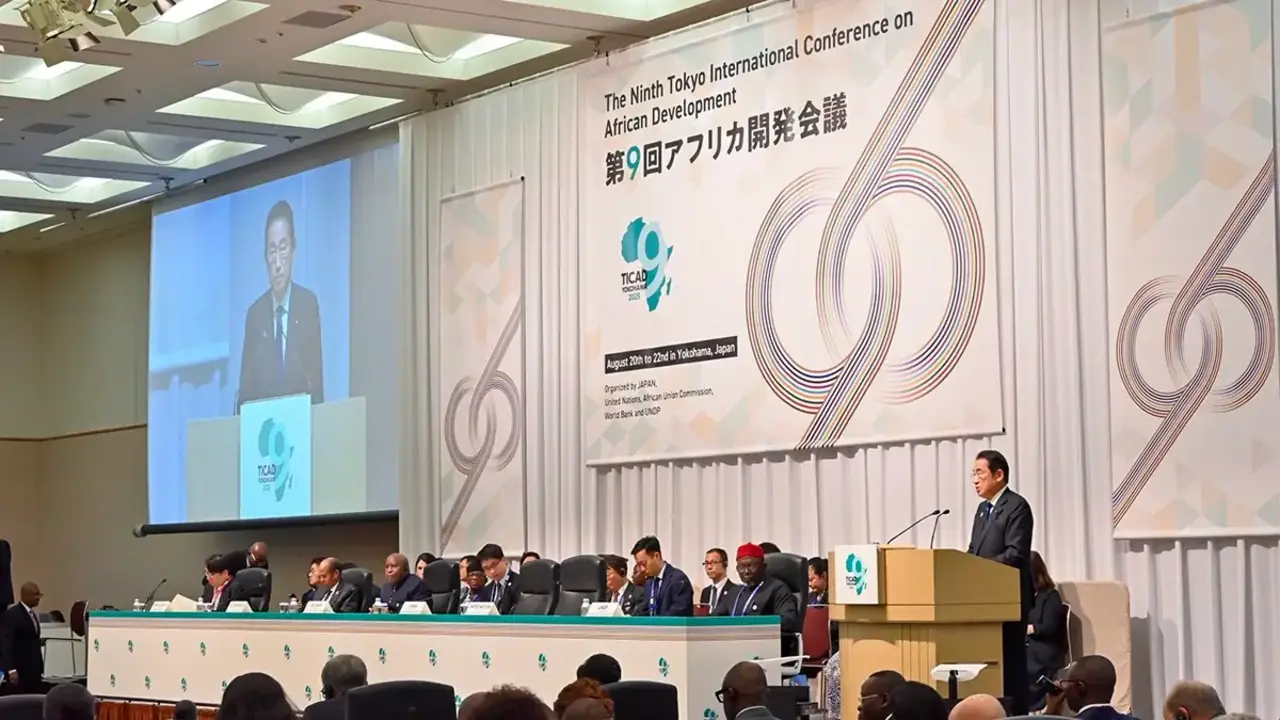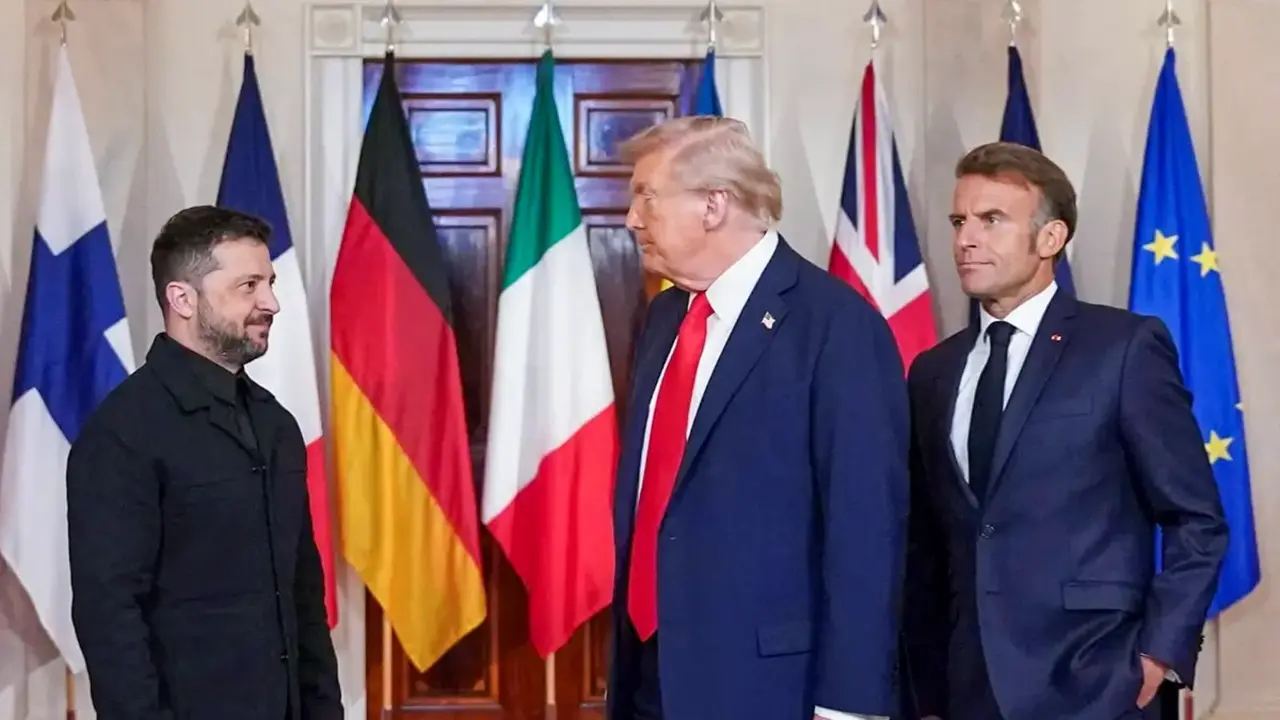Marrakech hosts the first International Forum of Young Socialist and Social Democrat Parliamentarians

In a changing world and in the midst of great challenges, the voice of young people is fundamental and key to achieve changes that promote peace and freedom in all societies around the world. While we still face the consequences of the pandemic and suffer the consequences of the war in Ukraine, we see in some parts of the world a dangerous reduction of freedoms and democracy, while inequalities between people are widening. Therefore, the way to deal with the current crises and problems must be through the protection of peace, justice and equity, taking into account also the new climate needs.
This is the main message of the speakers on the first day of the International Forum of Socialist and Social Democratic Young Parliamentarians. The three-day event is taking place in the city of Marrakech and has been organised by the MENA-Latina network in partnership with the Socialist Group of Morocco.
The organisation, created in 2019 thanks to the impetus of Tunisia's socialist youth, is part of efforts to promote South-South cooperation. Likewise, after several meetings in Mexico and Morocco and visits to Ecuador and the Dominican Republic, it became the first network among young socialists. The aim of this initiative is to exchange knowledge and experiences in the aftermath of the pandemic. "Conflicts, the food crisis and inflation can only be a reason to improve coordination and common action through our socialist and social democratic thinking," explains its logistics coordinator, Ayoub Hashimi.

As Khaoula Lachguar, Vice-President of the Socialist International, pointed out during the opening of the forum, the MENA-Latin American network reflects the need to foster ties between young socialists.
The opening of this meeting was also attended by key figures in Moroccan socialism, such as Abdelrahim Chahid, president of the Socialist Group - Ittihadya Opposition in the House of Representatives, and Driss Lachguar, first secretary of the USFP (Socialist Union of Popular Forces).
Chahid began by stressing "the pride of holding the organisation's first forum" in Morocco. He went on to underline the many global changes that have taken place in the wake of the pandemic. "The health crisis revealed a humanitarian crisis which, in turn, showed a lack of solidarity," said the Moroccan Socialist. Chahid recalled the thousands of people who fell into poverty as a result of COVID-19, as well as the 20 million jobs that were lost in Africa. For this reason, the pandemic has seriously threatened the continent's achievements of the past decades.

Equally, the pandemic increased inequality among people and revealed major problems within the health and education system due to lack of resources, while rights and freedoms were threatened in many cases. "Now, while several countries are trying to recover, other forces are trying to sow destabilisation by provoking new conflicts instead of supporting, trying to divide instead of creating regional and international unity," said Chahid.
As the Chairman of the Socialist Group said, Morocco is one of those nations working to overcome this situation, while also supporting peace, social and economic development. In Chahid's words, the Kingdom is the "homeland of conscience and peace". "We look forward to continue working and cooperating to develop the continuity of this forum," he added.
Lachguar, for his part, defined this meeting as "a space that allows socialist and social democratic leaders to communicate, exchange ideas and maintain direct relations", as well as opportunities "to advocate a renewal of the institutions of international governance". Like Chahid, Lachguar referred to the current global challenges, recalling that these problems are beyond the capacity of any single country, even a superpower.

"The pandemic highlighted the importance of international coordination," he said. In addition to the health crisis, climate change and the economic crisis also require a joint response. "Retreating into our own and favouring protectionist policies is an easy solution that several countries have resorted to, but it is unsustainable given the interdependence of our societies," added Lachguar, who praised the Moroccan project based on the social and environmental balance promoted by King Mohammed VI.
In addition to the effects of the pandemic and climate change, geopolitical tensions and global instability are also major international problems. Russia's invasion of Ukraine, the crisis between China and Taiwan and the new wave of violence in Sudan are some of the main threats to world peace and security. However, other wars such as those in Syria and Yemen, as well as the long-running Israeli-Palestinian conflict that remains the main focus of tensions in the Middle East, should not be forgotten either.
Ukraine, due to its key role in global food security, represents one of the main challenges to global stability. To address the current situation in the country, Oksana Osmachko, a Ukrainian MP who was unable to participate in the forum due to the war in her country, gave a video testimony. "Every day we are bombarded by Russian forces", Osmachko declared on the same day that Moscow's troops launched 54 drone attacks against Ukraine. The politician therefore called on all participants in the event to show "solidarity" with the Ukrainian people. "The only goal is for Russia to put an end to the aggression," said the politician.

In this regard, Malika Zekhnini, a Moroccan MP, expressed her country's willingness "to continue working to preserve peace and security". "The Kingdom continues to struggle against a series of difficulties and continues to believe in peace as a solution to conflicts," she explained. Nouhoum Sarr, a former member of the Malian Parliament, agreed with Zekhnini, highlighting Morocco's help "to oppressed peoples". Andrés Calle, a Colombian MP, also thanked the Kingdom before highlighting the role of his country's youth in social change. "Colombia wants to leave war and violence behind in order to build a total peace that must include all of us," he said.
In this session on peace and security in the world and the new geopolitical challenges, Turkey, Kurdistan and Palestine also had a place.

"We are united by a common cause: we want our planet to be a just and equitable society"
Another of the current challenges facing global societies that have been accentuated by the pandemic and the economic crisis are inequalities and poverty, two problems that, according to Hind Maghaith, president of the IUSY (International Union of Socialist Youth) Control Commission, must be tackled jointly in order to find solutions.
Morocco is one of the countries that has focused on achieving a more equitable society. To this end, Rabat has focused on building social security for all citizens. "Morocco has opted for a gradual effort, all citizens can count on social protection. We have to guarantee access for the poorest," explained Bouthaina Falsy, an expert in social protection.
"The real vision is the basis of the government's plan for social protection," said Hanane Fadla Lah, a member of the Ministry of Health. Lah recalled how the Moroccan authorities "dealt positively" with the pandemic, mobilising all sectors of society. The representative of the Ministry also pointed out several keys to Morocco's success: the creation of territorial units, regional plans, openness towards foreign human resources, improvement of the health supply and rehabilitation of infrastructures.
The challenges of equality in Latin America and Africa were also raised in this session. "We are united by a common cause: we want our planet to be a fair and equitable society," stressed Erika Sánchez Pinto, Vice-President of the Colombian Parliament.
Finally, the issue of sustainability was addressed. A fairer world also means a cleaner world: "Climate change has increased inequalities between countries", said Abdelkader Ettaher, a Moroccan Socialist Member of Parliament. For this reason, and in order to ensure energy for all at reasonable costs, it is necessary to seek new energy sources and resources, as well as to promote science and technological development.
The role of Latin America, with its great biodiversity, is key in this regard. Several MEPs from the region, such as Wesley Diogenes (Brazil), Carla Ayala (Mexico), Fabián Díaz Plata (Colombia) and Daniel Contreras (Chile) presented their views and put forward proposals and initiatives aimed at protecting the continent's rich ecosystems.

Speech by the USFP First Secretary
The opening of the International Forum of Young Socialist and Social Democrat Parliamentarians was followed by a long-awaited speech by Driss Lachguar, First Secretary of the USFP, who welcomed the "positive and "necessary" initiative carried out by the Socialist Group and the Ittihadya Opposition, in collaboration with Ittihadya Youth and the MENA-Latina network, as "a space that allows young socialist and social democrat leaders to communicate, exchange ideas and establish direct relations".

Driss Lachguar's speech at the opening of the International Forum of Young Socialist and Social Democratic Parliamentarians is reproduced below:
Good morning,
Dear guests from three continents,
Honorable Minister,
Dear comrades, esteemed audience,
I am delighted with the initiative taken by the Socialist Group - Opposition Ittihadya, in partnership with the Ittihadya Youth and the MENA-Latina network. Creating a space that allows young socialist and social democratic leaders to communicate, exchange ideas, and build direct relationships is not only positive but also necessary.
Enabling young party activists to engage in real politics is essential to ensure the continuity and rejuvenation of our societal project. Personally, I am convinced that this practice involves not only running for elections and representing citizens at the local or national level but also opening up to the world and engaging in international relations.
Today's world is facing challenges and constraints that surpass the capacities and means of a single country, even when it comes to a superpower. The global "COVID-19" pandemic has shown that the risks we were preparing to face and those we were arming and training ourselves against are probably not the risks that would annihilate humanity.
The greatest threat to our lives has come from a microscopic organism that does not distinguish between rich and poor, black and white, and does not care about borders. Therefore, any preventive measure or effort to combat this virus required a joint endeavor of all humanity in terms of scientific research, logistical cooperation, coordination, and economic and social management.
However, what we have witnessed was quite the opposite. The management of the pandemic was characterized by great confusion, particularly in the early weeks, whether at the level of the governments of the world's major powers, continental blocs, or even the World Health Organization and the United Nations (Security Council and all its parallel organizations).
This indicates that we are not qualified to deal with crises of this magnitude and that we have not yet risen above our individual or national selfishness in resolving such crises, especially after the rise of chauvinism and racism among the societies of major world powers over the past decade.
The same challenge is imposed on us by climate change, which has become a prominent issue capturing everyone's attention since the beginning of the 21st century. Given the enormous and multiple dangers that this change poses to human life, the environment, and all living beings, states seek to adopt a sustainable development model that maintains a balance between the repercussions of rapid economic and social development on the one hand, and the requirements of environmental ecosystems to ensure a healthy life for today's and future citizens on the other hand.
These phenomena have consequences that are stronger than wars and economic crises, compelling us to hold our international and regional organizations accountable, as they are incapable of addressing these new crises by all means. If humanity created an institution like the League of Nations during the First World War to prevent wars in Europe and then developed this framework into the United Nations after the Second World War to turn the page on imperialism and disseminate human rights and freedoms, today we need to redevelop this framework, whether in terms of its structure, powers, or even objectives.
We need a new global contract that goes beyond defending political, socioeconomic, and cultural rights to protect the rights of the planet and future generations. Otherwise, these crises will deliver a fatal blow to an organization that many loudly criticize for its inability to defend the values for which it was founded. Therefore, a forum like yours is an ideal space to advocate for the renewal of international governance institutions.
As for the global economic level, it appears that we have entered a unique economic crisis. A crisis that began with the Covid-19 pandemic and has been exacerbated by the Russo-Ukrainian war, drought, and the recurrence of devastating climate events. This places us today in the most severe economic crisis the world has experienced in the past 100 years.
Unfortunately, closing ourselves off and favoring protectionist policies (chauvinism) in these circumstances has become the easy solution that most countries have resorted to. However, this is an unsustainable solution considering the interdependence that characterizes our societies and economies. Therefore, we do not have to choose between rampant liberalism on one hand and chauvinism on the other.
It is possible to reconsider modes and production channels while keeping in mind the need to (1) ensure food sovereignty, (2) guarantee a minimum level of self-sufficiency in certain products, (3) reduce the carbon footprint of goods, and (4) move away from the logic of using the cheapest raw materials (as is the case in fast fashion) in favor of higher quality and more environmentally and socially sustainable raw materials.
This is the project that I propose we defend as socialists and social democrats. The resurgence of the democratic socialist project is inevitable, and its signs have already begun to emerge.
Allow me to go back to the 1990s of the last century to remind you of the strong attacks that the socialist project faced from defenders of the capitalist model. The prevailing thesis was: "Less power to the state, and all power to market forces."
In this context, the international socialist movement tried to adapt to this overwhelming tide by formulating what was called the Third Way. This is the path summarized by Tony Blair at the time in his famous phrase: "There is no left or right politics, but good and bad politics." This approach suggests that socialism in the third millennium is governed by pragmatism and a strategic alliance with market forces.
However, the experience of some countries, particularly in Latin America, confirms that socialism has been able to reinvent itself and develop methods that have yielded very beneficial results.
Furthermore, what we have been experiencing since the "Covid-19" pandemic has concretely demonstrated the urgency of a social state that protects the most vulnerable categories for a solidarity-based society. A state that regulates and supports productive, job-creating, and creative investments, and commits to respecting environmental and social balance. This is what our country has put in place thanks to royal directives which have insisted on the importance of social protection. This necessity of the socialist and social-democratic project was also expressed at the ballot box in many countries.
During this forum, you are called upon to contribute to strengthening the progressive and democratic socialist project by providing answers to the most important current questions. As young leaders, you are best equipped to develop and implement policies that effectively break away from conventional practices. Specifically, you are expected to address the following questions:
To what extent are the structures responsible for maintaining international peace and security capable of fulfilling their mission, and how can we develop them further?
Has the international community been able to define all rights, or is there still a need to strengthen the arsenal of human rights instruments with new charters and include new rights?
What is the alternative model for combating poverty and reducing disparities, and what actions and measures should the countries and relevant international organizations take to address this dilemma?
What is the socio-economic project that will achieve the necessary development in this particular circumstance characterized by confusion and the absence of a clear vision?
How can we reconcile the need for economic growth and well-being for all citizens of the world with the need to preserve this planet for future generations?
How can we establish a modern and rational society that embraces all energies, establishes equity and equality between genders, and guarantees human dignity for all societal categories?
What are the means of mobilizing and politically and economically empowering young people to effectively participate in decision-making positions?
Your contributions represent your advocacy for the progressive and social democratic project. It will be a valuable contribution to the advocacy efforts undertaken by the Socialist International, especially since its last congress in Madrid and the renewal of its structures, with the presidency assumed by a young leader, comrade Pedro Sanchez. Your efforts will also strengthen the work of the Progressive Alliance as a network celebrating its first decade this month, with its council meeting in Brussels at the end of next month.
Therefore, to ensure the effectiveness of your advocacy effort and to ensure continuous communication and cooperation among you on various questions and subjects of your deliberations, and to make you a force of proposal in the international frameworks that bring us together, I invite you to institutionalize this forum through a coordination structure that includes parliamentarians representing all continents. Within the USFP, we commit to supporting this framework in the form you agree upon.
In conclusion, allow me to welcome you and invite you to invest your free time in Marrakech to discover this wonderful and exceptional city that harmoniously combines tradition and modernity once again.



